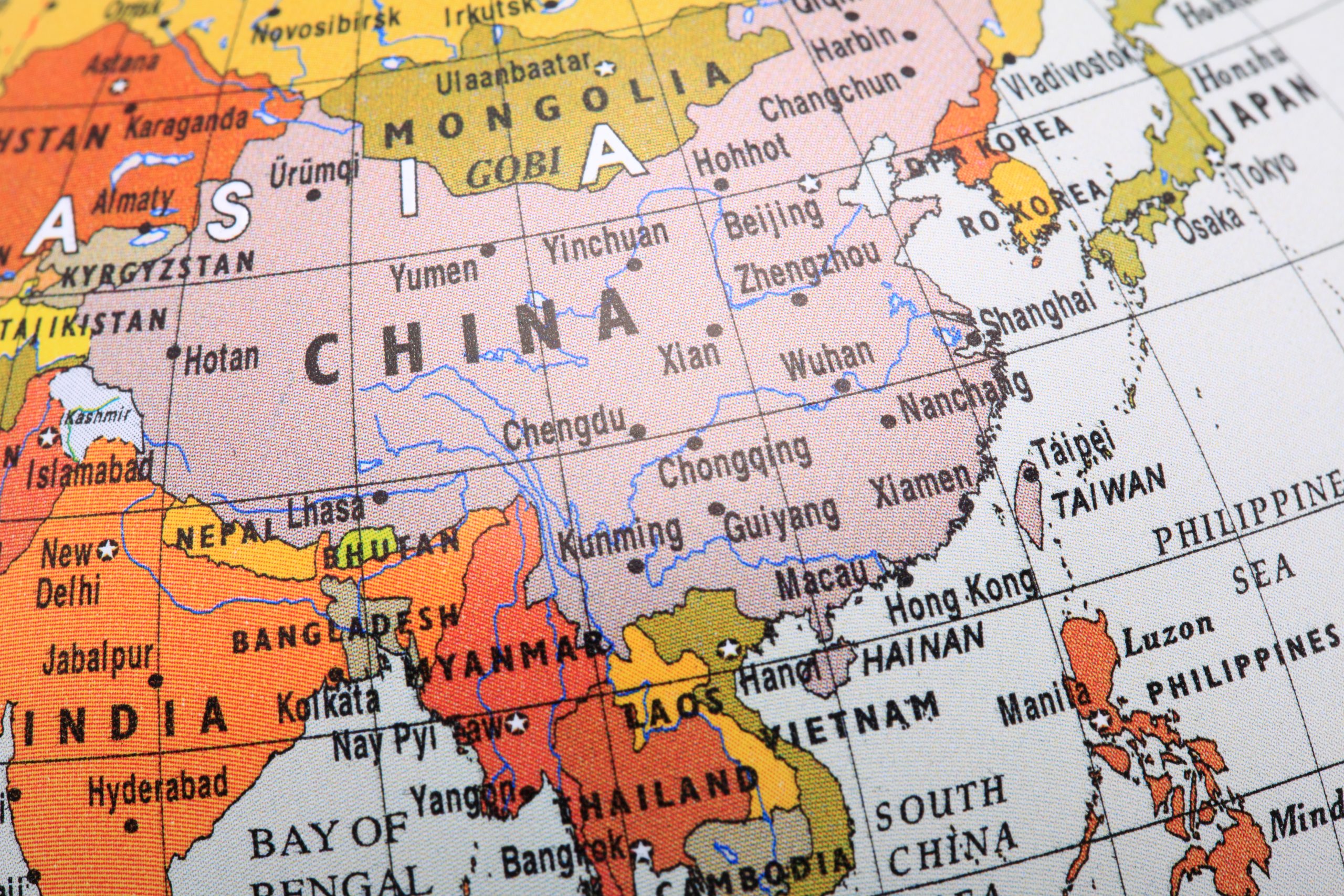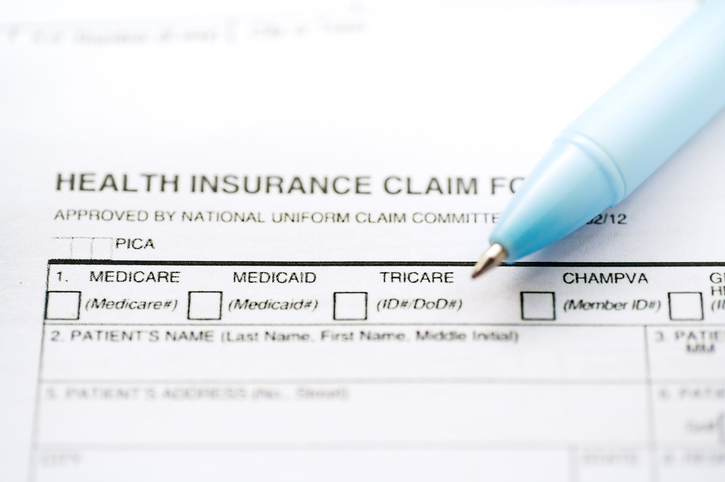
US Food and Drug Administration (FDA) officials have expressed concerns about the quality of China-based clinical trials of cancer drugs, questioning whether the results are applicable to US patients.
“We have nothing against drugs being developed in China,” said Richard Pazdur, MD, Director of the FDA’s Oncology Center of Excellence. “Our issue is, are those results generalizable to the US population?”
On Feb. 10, the agency voted against the approval of checkpoint inhibitor sintilimab, which was developed in China by Innovent Biologics in partnership with Eli Lilly. This shift in tone suggests Chinese companies and their US partners may be required to conduct additional trials of their products in US patients.
In 2019, the FDA approved Beigene’s lymphoma drug zanubrutinib, which was primarily tested in Chinese patients. At a medical conference the same year, Dr. Pazdur announced the FDA would accept “quality” data on drugs only tested in China. He claims this statement was misinterpreted by industry as an offer of a shortcut for China-tested products to be cleared in the United States without having to conduct expensive US trials.
“When drugs are tested only or primarily in 1 country such as China,” said Dr. Pazdur, “it is difficult to assess whether the drug would have the same benefits and safety profile in the US population.” He added that there may be differences in medical care and population between the 2 countries that impact a drug’s performance.
Dr. Pazdur also expressed concern about potentially outdated study designs and data integrity. According to a 2016 analysis published in the British Medical Journal, about 80% of domestic drug applications reviewed at that time contained fabricated, flawed, or insufficient study data.
Source: The Wall Street Journal, Feb. 9, 2022.






 © 2025 Mashup Media, LLC, a Formedics Property. All Rights Reserved.
© 2025 Mashup Media, LLC, a Formedics Property. All Rights Reserved.